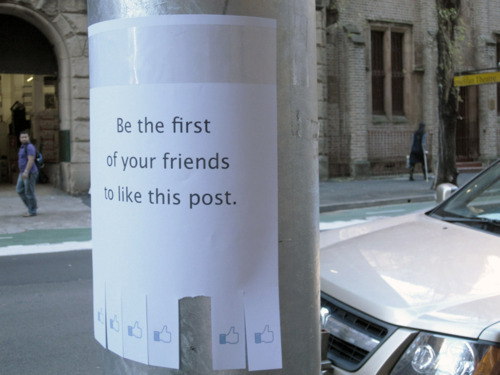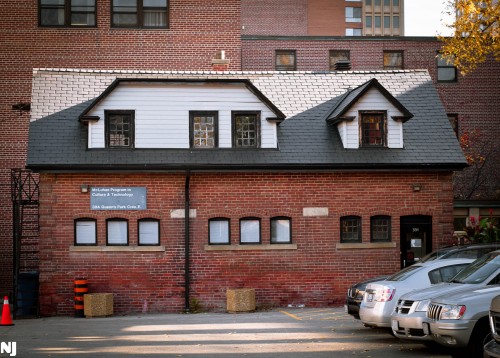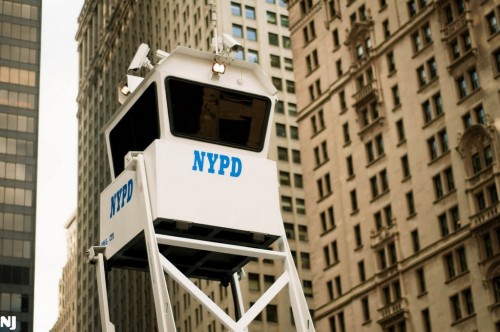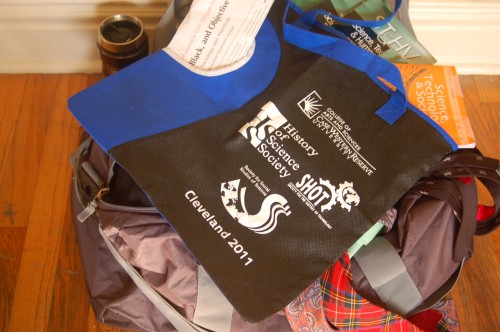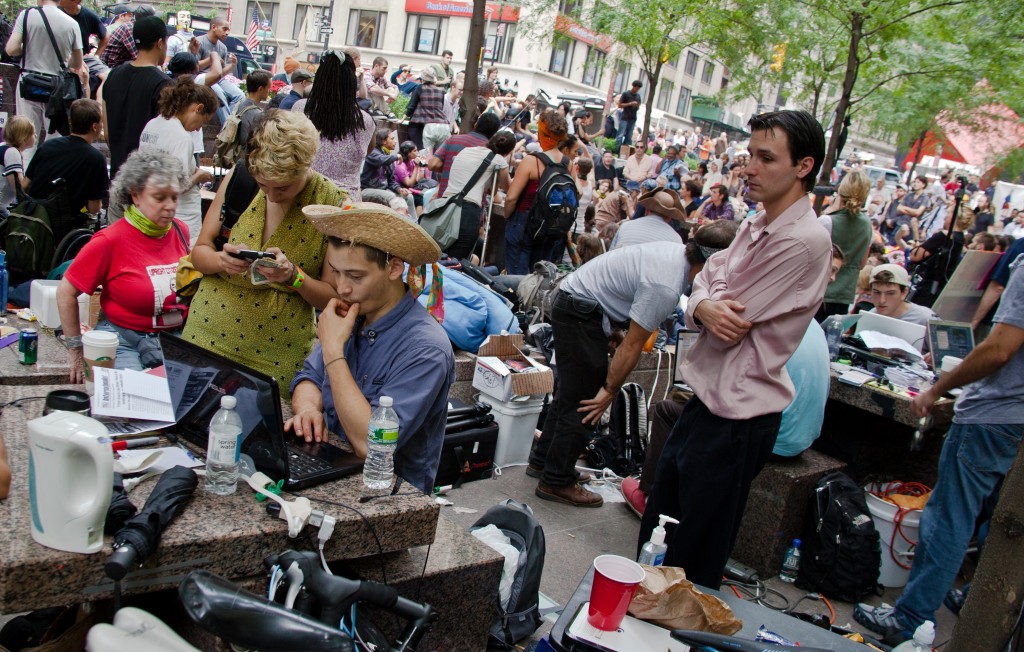
There are many theories that seek to clarify the relationship between our offline existence and whatever it is we are doing online. I say “whatever” not to be flippant, but because there is a great deal of debate about the ontological, conceptual,and hermeneutic ramifications of online activity. How much of ourselves is represented in our Skyrim characters? Is retweeting an #ows rally location a political act? How is access to the Internet related to free speech? These are questions that some of the greatest minds of our day are contemplating. I know some equally smart people that would throw up their hands in frustration at even considering these topics as worthy of research and critical analysis. Regardless of whether or not you think it is worth pondering these questions, people all over the world are engaging in something when they post a Facebook status or check in to a coffee shop on Foursquare. In his Defending and Clarifying the Term Augmented Reality, Nathan described how our relationship to these sorts of digital Information and Communication Technologies (ICTs) fits in with our historial relationship to technology: “technology has always augmented reality, be it in pre-electronic times (e.g., architecture or language as technologies) or how those offline are still impacted by the online (e.g., third-world victims of our e-waste or the fact that your Facebook presence influences your behavior even when logged off).” I have argued elsewhere that, even if ICTs mark a fundamental shift in our relationship to technology, it is only another wave in a constantly evolving relationship to our own understanding of technological progress. I am going through this (hyperlinked) summary of many of this blog’s larger arguments because 1) we have been growing in readership, and 2) we are embarking on a new, ongoing, project to situate Augmented Reality (AR) amongst other theories of society’s relationship to technology. Today I want to introduce Actor Network Theory (ANT). more...



